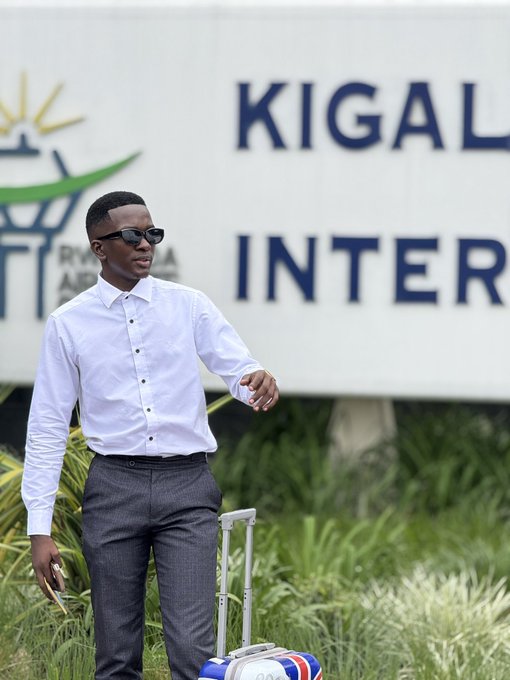Anthony Katongole, popularly known as Chicken Chicken, a well-known Ugandan TikToker, has publicly apologized for his recent negative remarks about Rwanda that sparked widespread backlash and diplomatic tensions. The apology comes after his critical comments about Rwanda’s socio-economic conditions and leadership drew sharp reactions from both Rwandan authorities and the public.

Chicken Chicken’s controversial statements were made during a YouTube podcast and on his social media platforms, where he criticized Rwanda’s development trajectory and made disparaging remarks about the country’s poverty levels. His comments were perceived as offensive and unfounded by many Rwandans and observers, leading to a heated response on social media and calls for accountability. The situation escalated to the point where Rwanda reportedly considered legal action against Ugandan TikTokers who were perceived to be maligning the country’s image.
In a sincere and public gesture of remorse, Chicken Chicken issued an apology addressed to the Rwandan people and President Paul Kagame. He expressed regret for his words and clarified that his intention was not to cause harm or sow discord between the two neighboring countries, which share deep historical and cultural ties. Chicken Chicken emphasized his respect for Rwanda and its leadership, and he pleaded for forgiveness, stating that he does not want to be a source of trouble or animosity between Uganda and Rwanda.
The apology video, which circulated widely on social media platforms including TikTok and YouTube, showed Chicken Chicken on bended knees, a symbolic act underscoring the gravity of his remorse. He acknowledged that his remarks were inappropriate and promised to be more mindful in the future, recognizing the power and responsibility that come with his social media influence. The apology was generally welcomed by many who saw it as a step toward mending the strained relations caused by his earlier comments.
This incident highlights the growing influence and impact of social media personalities in shaping public discourse and international perceptions. Chicken Chicken’s case serves as a reminder of the importance of responsible communication, especially in a region where political and social sensitivities run high. It also underscores the need for dialogue and mutual respect between neighboring countries to foster peace and cooperation.
The episode has sparked broader conversations in Uganda and Rwanda about the role of social media in diplomacy and the potential consequences of irresponsible speech. While freedom of expression remains a cherished value, this case illustrates how words can have far-reaching effects beyond national borders.
In conclusion, Chicken Chicken’s apology marks an important moment of accountability and reconciliation. It reflects a recognition of the interconnectedness of East African nations and the necessity for public figures to promote unity rather than division. As the apology is accepted, it is hoped that this will pave the way for a more respectful and constructive engagement between Ugandan and Rwandan citizens and leaders, reinforcing the bonds that tie the two countries together.

